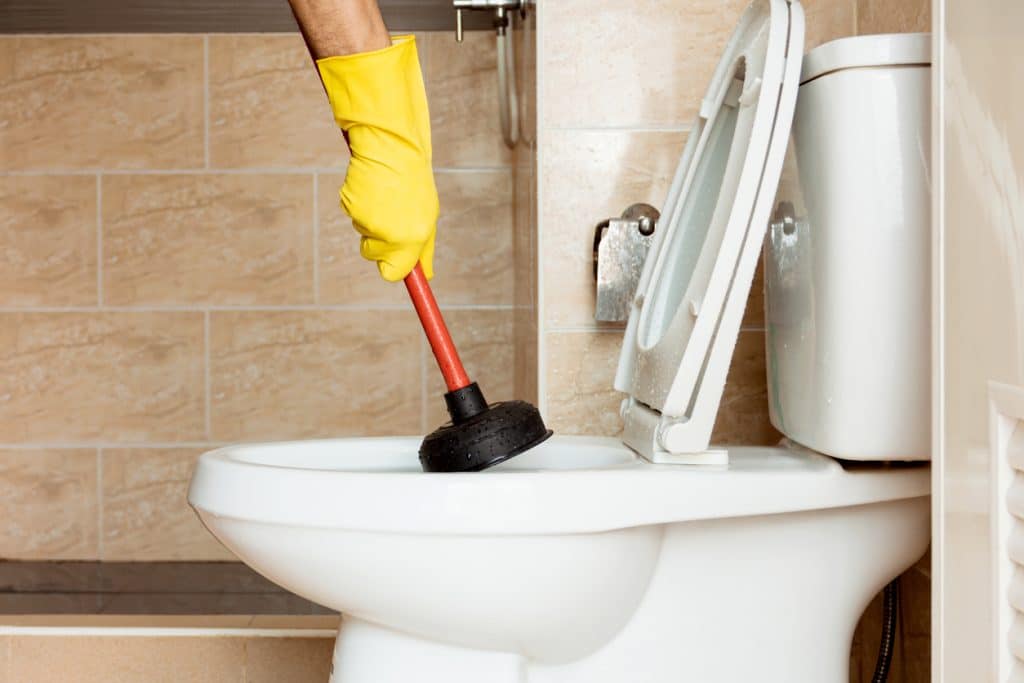All of your home’s sinks, tubs, and toilets connect to your sewer line. This line removes wastewater and transports it to your city’s sewer system for treatment. Unfortunately, this line can accumulate issues due to poor septic habits, old age, tree roots, or a lack of preventative maintenance. Keeping these tips in mind can protect your sewer line’s efficiency over the years.
Watch What You Flush
Your toilets are not meant for anything other than human waste and toilet paper. Feminine hygiene products, cat litter, old medications, and cotton swabs can quickly cause clogs. Additionally, items like “flushable” wipes aren’t usually septic-safe and often contain sturdy plastic fibers that won’t decompose with time.
Concerning your sink drains, you should avoid washing down large amounts of food, small wrappers, or bones. While it may seem safe to pour your liquid grease or fat down the drain, this can create a significant plumbing problem in the future. When this grease cools and hardens, it will stick to the sides of your pipes. Over time, it will collect hair and food, slowly obstructing the flow of wastewater. Encouraging healthy septic habits in your household will lower your risk of blockages as well as emergencies like burst pipes.
Don’t Ignore Plumbing Problems
Most septic issues will start small and slowly grow to affect more of your home’s plumbing. Keep an eye out for slow-draining tubs or sinks or new lingering sewage odors. You may find your toilets frequently clog or struggle with weak flushes. Compromised pipes may make noticeable gurgling sounds as they’re draining. Septic concerns also tend to bring more pests like drain flies into the home.
Monitor Your Yard
Your sewer has to run several feet underground to connect your home to the main city septic line. This long stretch of plumbing is susceptible to intrusions from nearby tree roots and shifting soil. The line may be leaking or damaged if you notice puddles of standing water or odd smells outside. The wastewater can also act as a fertilizer for your grass, resulting in lush, vibrantly green growth.
Schedule Yearly Maintenance
Along with completing your regular septic care, you should also schedule an annual professional cleaning. When a skilled expert inspects your plumbing, they’ll be able to pinpoint warning signs that may soon compromise the system. They’ll use high-tech cameras and industry-grade equipment to find and correct common septic concerns before they require invasive repairs.
Bring all your residential and commercial septic needs to our BBB-accredited resource. We offer a range of septic solutions, including maintenance and 24/7 emergency repair service. Contact Buckeye Plumbing today for sewer line help in Dayton, OH.




